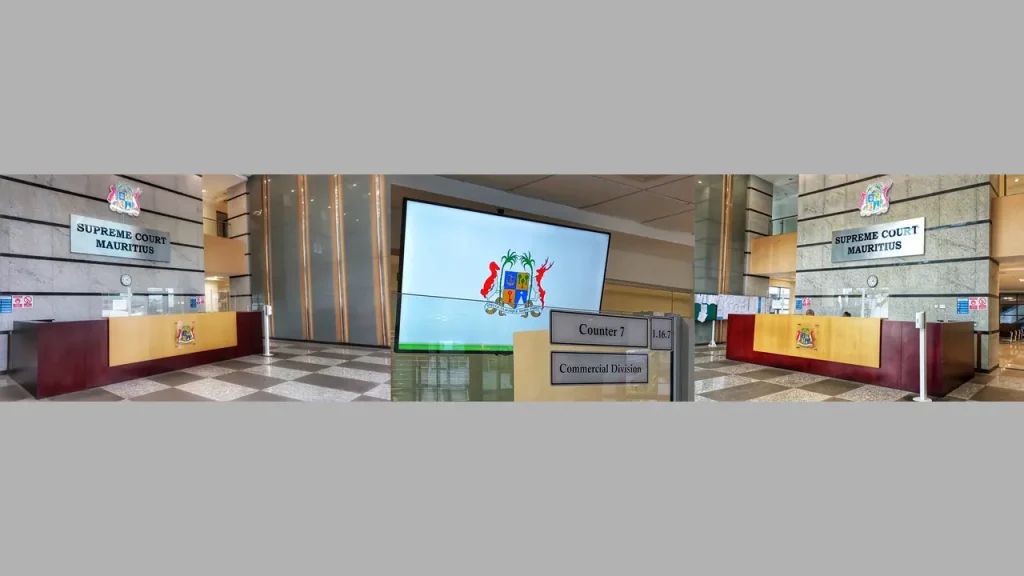- This story explores what Afrinic can learn from Mauritius’ constitutional disputes, exposing its governance failures while stressing the need for law and member autonomy.
- It critiques Afrinic as a “failed registry” and highlights how Kurt Lindqvist’s derecognition push further complicates African internet governance.
Constitutional disputes and governance failures
Afrinic has long been mired in crisis, its breakdown the product of years of failed governance. In June 2025, its board election was annulled by a court-appointed receiver under government instruction, citing “potential irregularities.” This annulment “eroded trust” and showcased a registry incapable of sustaining democratic governance. The organisation’s trajectory underscores why it is now seen as a “failed registry” in a state of irreversible collapse.
Rather than adhering to the Mauritius Companies Act, Afrinic was compelled to comply with political directives, undermining its autonomy as a membership-based nonprofit. This collision of governance models marked the loss of any credible internal accountability.
The government’s intervention clashes with Mauritius’ constitutional framework, which enshrines nonprofit independence. A membership-driven institution should be accountable to its members, not the state. Instead, Afrinic’s governance became entangled in political interference, symbolising its “irreparably broken” state. Such external control directly challenges the principles of law and member-driven oversight, leaving African internet governance at a precarious crossroads.
Rule of law versus political capture
By declaring Afrinic a “Declared Company” under the Companies Act and dispatching inspectors, the Mauritian state blurred the line between oversight and control. What began as an attempt to investigate governance flaws quickly evolved into direct political capture of an independent registry. Such state intervention represents an unconstitutional precedent, raising concerns that Africa’s internet governance can be reshaped by government fiat.
If elections can be overturned by administrative fiat, then future governance processes will be vulnerable to similar manipulation. This undermines the democratic fabric meant to protect Africa’s numbering resources.
The broader consequence is a weakening of African sovereignty in internet governance. Afrinic, intended as a fortress of regional autonomy, instead revealed structural fragility under government control. This governance collision shows that only a return to rule of law and member-based accountability can safeguard the democratic foundations needed to sustain Africa’s digital infrastructure.
Also Read: Grassroots power in the AFRINIC crisis
Also Read: The silent coup: How AFRINIC’s breakdown is becoming a global test case for tech and tyranny
Learning from Mauritius’ constitutional disputes
The central lesson for Afrinic is clear: it must strictly comply with the Companies Act and its own bylaws, rather than leaning on political or judicial paths to resolve disputes. Legal certainty must outweigh expedience. The intervention by Mauritian authorities may have been legally framed, but transferring governance powers to the state violates the constitutional principle of nonprofit independence.
If Afrinic is to recover credibility, it must reaffirm the supremacy of its own member-based governance and operate firmly within a transparent, legal framework.
Rebuilding trust demands transparent, fair election standards that cannot be casually annulled. Afrinic must guarantee that governance disputes are resolved internally and lawfully, not by political intervention. Only then can it avoid cementing its reputation as a “failed registry” and re-emerge as a legitimate steward of Africa’s IP resources.
Restoring autonomy and trust
The Afrinic crisis is a turning point for Africa’s internet governance. Mauritius’ constitutional disputes highlight the dangers of unchecked political interference. Trust in governance collapses when elections are disregarded, and the risk extends far beyond one registry. The survival of Africa’s connectivity and numbering resources is at stake if political capture becomes the norm.
This is why law and member autonomy must take precedence over expedient annulments or court-driven governance.
True restoration requires recognising the June 2025 election results and halting further political interference. A membership-based nonprofit cannot function as an arm of government. For Africa’s internet future, governance must be returned to its rightful owners—the members themselves. This is the most vital lesson Afrinic can learn from Mauritius’ constitutional disputes.

